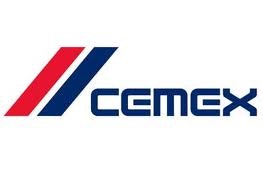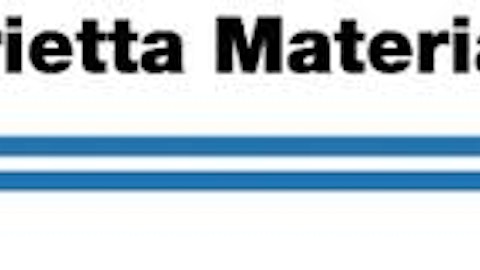Andreas Halvorsen’s Viking Global now owns 5.3% of cement giant Cemex SAB de CV (ADR) (NYSE:CX). Viking Global is now the largest shareholder in Cemex, ahead of Mason Hawkins’ Southeastern Asset Management, which has a 4.7% stake in the company. Viking Global has increased its stake in Cemex SAB de CV (ADR) (NYSE:CX) by 13 million shares in the last two months. At the end of the first quarter, the hedge fund owned 44.4 million shares and it now owns more than 57.3 million shares. Obviously, Halvorsen sees something that he likes by increasing his stake.
Who is Andreas Halvorsen?
Andreas Halvorsen is one of Julian Robertson’s Tiger cubs. He launched Viking Global in 1999 and returned 89% after fees in his first full year of operation. Julian Robertson has said of Halvorsen:
Well, I mean, he may be one of the smartest people I’ve ever met, that’s number one. Number two, he’s one of the most aggressive [people] I’ve ever met.
What is Cemex?

Over the past year, the stock is up 108% as the global economy has recovered. Cement is the foundation for the construction industry and the company got hurt during the Great Recession. The stock went from trading just above $35 to less than $3. The stock has now firmed up and is trading just above $10.
The problem with Cemex SAB de CV (ADR) (NYSE:CX) is its crushing debt load. The company is weighed down by total debt of $15.9 billion as a result of its own poor timing. Just before the financial crisis, Cemex made two very large acquisitions. In 2005 Cemex SAB de CV (ADR) (NYSE:CX) acquired RMC Group for $5.8 billion and two years later acquired Rinker Group for $14.2 billion.
To combat its debt situation, Cemex is taking advantage of better credit markets to refinance its debt. The company is now able to refinance debt that it once paid 9.5% and instead pay approximately 5.9%. The interest expense savings could be enormous as the company continues to refinance more debt. The goal for the company is to bring down its debt costs and achieve an investment-grade rating.
Who are some other players in the cement business?
Vulcan Materials Company (NYSE:VMC) is the largest producer of construction aggregates (crushed stone, sand and gravel) in the United States. The company also produces asphalt, ready-mix concrete and cement. The company has a much more manageable debt load than Cemex with $2.7 billion in debt.
Vulcan Materials Company (NYSE:VMC) has a great position in the fast-growing housing markets of California, Arizona and Florida. The company has been a beneficiary of rising prices for aggregates and that has offset some weather-related slowdowns in the first quarter. Bad weather can have an adverse impact on the construction industry and delay projects.
What I like most about Vulcan is its geographic position. In many cases, it owns the only local quarry. Costs are too great to transport from the next closest quarry and the result is Vulcan ends up with a monopoly status. As construction continues to pick up, I see Vulcan being a prime beneficiary of that trend.





